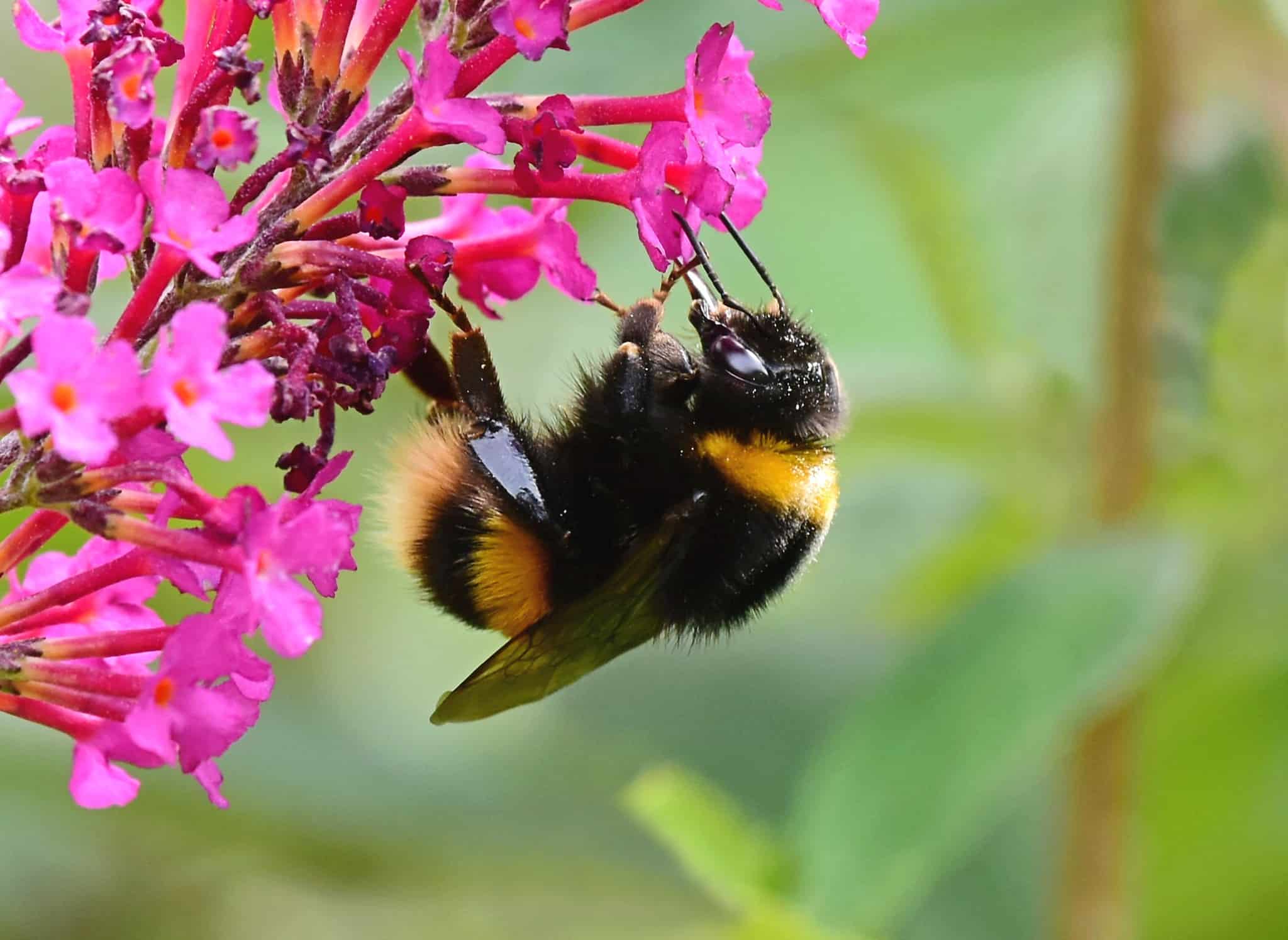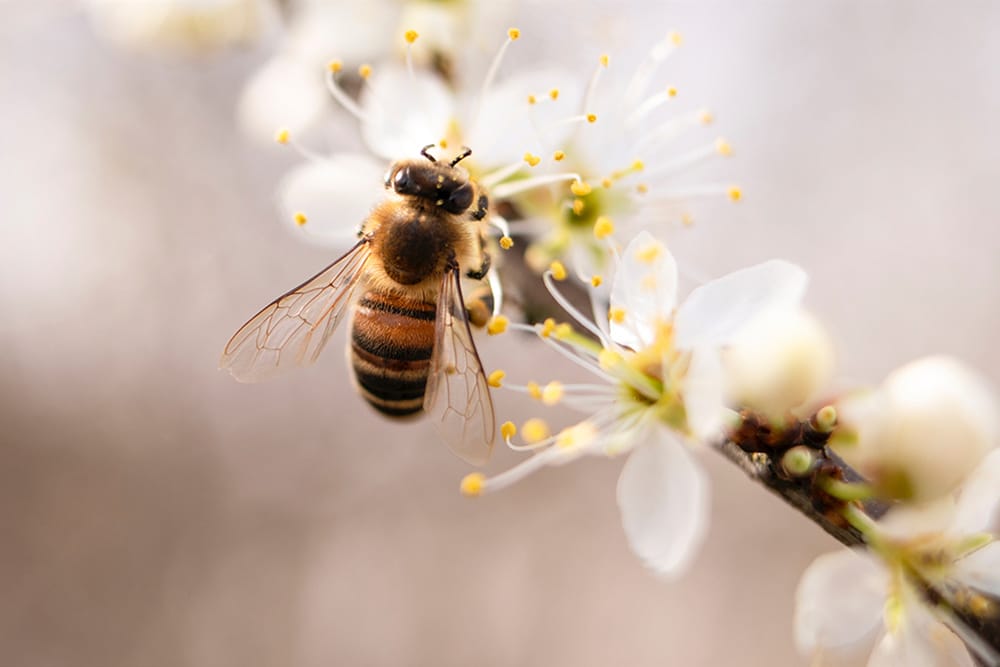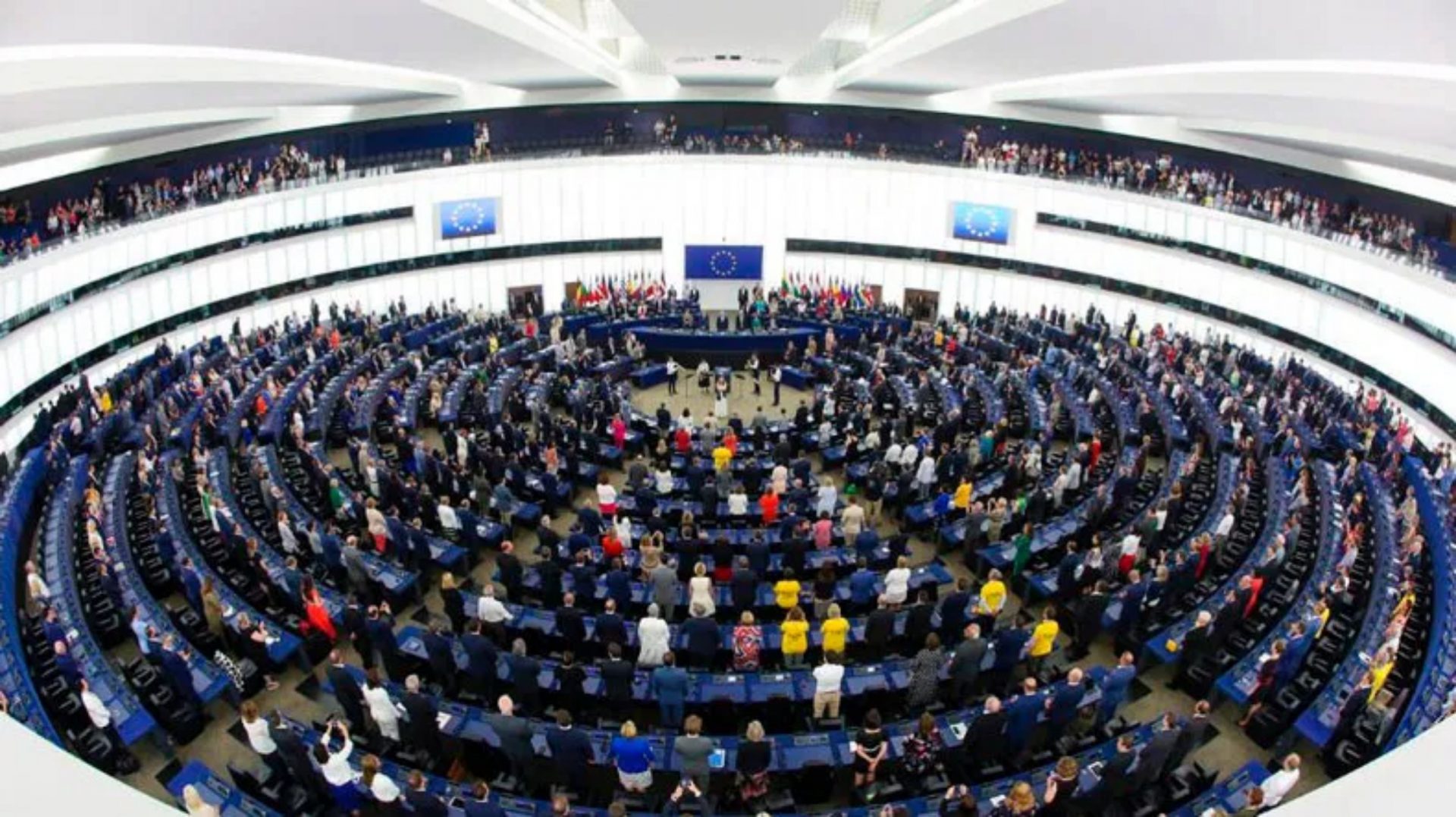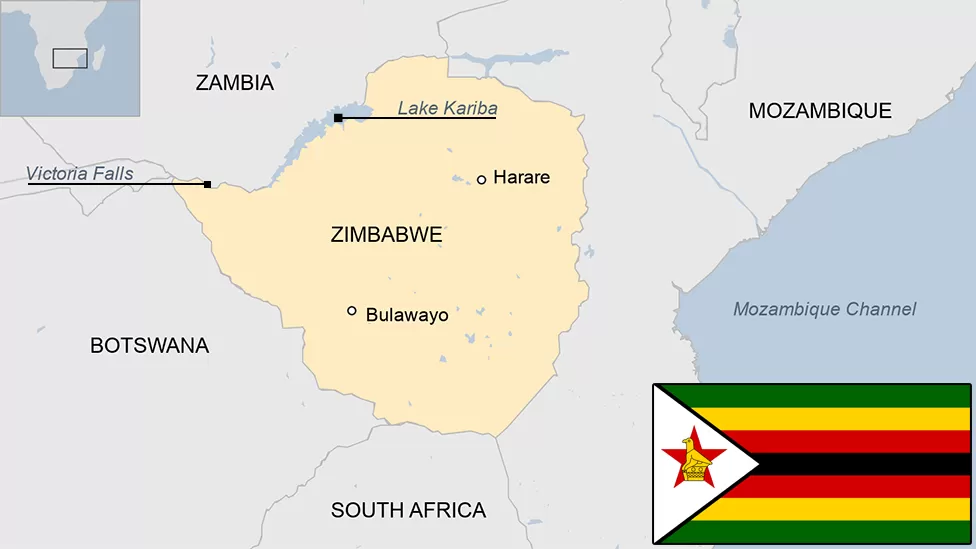From: Council of Bishops of SOC / 05.20.2023
This year’s regular meeting of the Holy Council of Bishops of the Serbian Orthodox Church paid special attention to the people and the Church in Kosovo and Metohija.
In the past year, dozens of attacks against people, shrines, homes and property of Serbs in Kosovo and Metohija have been registered. The events led to a peaceful but determined protest by the Serbs from the Serbian municipalities in northern Kosovo and Metohija to urge the Kosovo institutions to establish a Union of Serbian Municipalities, in accordance with the agreements already reached and signed with Pristina, under the mediation of the European Union in Brussels, in 2013. and 2015
The Serbian Orthodox Church has always taken the position that all problems in Kosovo and Metohija should be solved peacefully and through dialogue, and that there should always be peaceful coexistence of Serbs, Albanians and all other peoples living in this area. At the meetings of the Holy Synod of Bishops of all past years, our Church has clearly and unequivocally indicated, as it indicated at this year’s session, that the acceptance of the self-proclaimed independence of Kosovo and Metohija directly or indirectly, de facto or de jure, would be contrary to international law based on the UN Charter and other acts and principles of general importance. Such a decision does not have the support of either the UN Security Council or the majority of countries in the world, including five countries from the European Union. It would inevitably lead to a more massive exodus among the Serbian population, would fail the attempts for peaceful coexistence of all, regardless of ethnic origin and faith, as well as the very survival of our people in its centuries-old hearths. Therefore, solutions should be sought only in accordance with principles and rules that are valid for all.
Proof of this is the recent aggressive actions of the authorities in Pristina, directed against the Serbian community and our holy church, which have led to the lowest possible level of relations since 1999. And also adopted decisions that deeply divide the citizens of Kosovo and Metohija, cause unprecedented inter-ethnic tension and regional instability and, in the long run, make life difficult for our people and our Church. It is clear that the goal of the Kosovo institutions is to create an ethnic Albanian Kosovo in which the free and normal life of the Serbs is thwarted.
In this regard, the Church condemns all attacks against the Serbian people, their sanctuaries and property, and especially terrorist armed attacks against individual ethnic Serbs, including children, as well as the existence of secret lists on the basis of which Serbs, even former members of the Kosovo Police. It also condemns the illegal confiscation of land owned by Serbs in order to exert additional pressure to force them to emigrate. The Assembly demands that the perpetrators of these crimes be brought to justice, and that all victims be protected.
The Serbian Orthodox Church is in a particularly difficult situation. This is also confirmed in the statements of international officials and respected institutions that deal with the protection of religious rights and freedoms. Besides the series of attacks against our temples, which hinder the normal process of reconstruction of dozens of our sanctuaries, damaged or destroyed mostly in the period 1999-2004, the life of our monasteries and parishes is very difficult. In many ways, the Albanian authorities in Kosovo have begun to change or reinterpret the previous laws, which included guarantees for the protection of property and economic rights, and which enabled the independence and sustainability of our monasteries. The highest Albanian officials, as a rule, do not accept the real and official name of our church, confirmed by the Kosovo law, nor the provided guarantees. All this threatens to turn into new repressive measures that will further threaten the spiritual mission of the church and the preservation of the identity of the Serbian people in Kosovo and Metohija.
Therefore, the Holy Synod of Bishops especially emphasizes the need to pay the greatest attention to the following issues in Kosovo and Metohija: preserving the identity and church organization of the Serbian Orthodox Church in Kosovo and Metohija, preventing historical revisionism, protecting the property of our Church, creation of conditions for the return of confiscated property, preservation of the conditions that allow the normal functioning of our monasteries and the Rashko-Prizren Diocese as a whole. Currently, many monasteries, churches and families are not economically viable and can survive only with the help of the Serbian Orthodox Church, as well as through donations and with the development of agricultural and other activities that financially ensure the life of our sanctuaries and theology in Prizren.
It is especially emphasized that our church in Kosovo and Metohija needs very active international protection from the discriminatory behavior of Kosovo institutions, stronger guarantees and effective supervision are needed to prevent abuses and arbitrary interpretations of laws in judicial acts, of the circumvention or complete non-observance of the law, which is at the expense of our Church.
The Serbian Orthodox Church has for centuries been the main pillar for our people in Kosovo and Metohija and a major factor in its unity, survival and preservation of national, spiritual and cultural identity. Without the special protection of the Church, the survival of our people would not be possible. That is why the concern for the rights of the Serbian people in Kosovo and Metohija is inseparable from the concern for the protection of the basic rights and needs of the Serbian Orthodox Church, which has been living in extremely difficult conditions for twenty-four years, exposed to attacks and various forms of violations of the basic religious, property, civil and human rights.
Supporting dialogue and peaceful resolution of all issues in Kosovo and Metohija, the Serbian Orthodox Church wants to make its own contribution to the development of inter-ethnic relations and cooperation with other churches and religious communities, and actively participate in creating conditions for a free and safe life of Serbs and Albanians, as well as all religious and national communities in Kosovo and Metohija and everywhere in the world.
Reiterating its position that it is against any exclusion of Kosovo and Metohija from Serbia, the Assembly calls on both Albanians and Serbs to resolve their difficulties in the spirit of tolerance and mutual respect. Since it was God’s will for both peoples to share Kosovo and Metohija, and especially the Albanians who are the majority, they should do everything to achieve maximum mutual tolerance and mutual respect in order to create a normal and better life for every citizen of Kosovo and Metohija. All relationship problems can and should be resolved through dialogue.
Sincerely convinced that the coexistence of Serbs and Albanians in Kosovo is not only possible, but also necessary, because God has directed us to each other, we pray to God that peace prevails in Kosovo and Metohija and that a normal life is established with all who live there.
Source: Official Facebook page of Serbian Patriarch Porfiry












